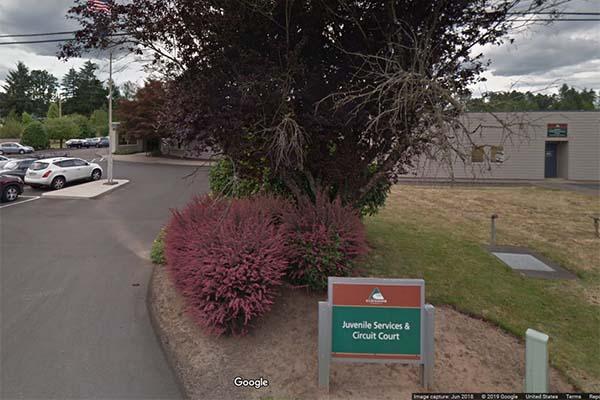The key support is being another positive adult who is taking the time to be fully present with youth in the group.
There are two types of ways to be supportive in a group. There are technical ways and compassionate ways you are supportive during the group experience. The following are some examples of each.
Learning Objectives and Corresponding Skill Sets
- Promote the use of restorative justice in the juvenile justice system, in schools, in the workplace and elsewhere in the community to bring awareness to the effectiveness of this systematic approach
- Gain skills to build rapport with youth and practice these skills
- Develop skills to lead the work of youth and practice redirecting youth back to the assigned project
- Have knowledge of program expectations and assist in holding youth accountable
Technical Support
- Being a second person in the group increases safety by insuring that all youth are attended to. For example…
- One adult stepping to the side or in the hallway to check in with one group member individually leaves the other adult present with the group.
- Walking some youth between the lobby and the meeting space while other youth remain in the meeting room doing paperwork. Both groups have an adult with them.
- If the facilitator forgot to get something from a different building such as a snack or art project item, they might send you to get this item so they can stay present with the group.
- A second person being present and listening to the youth can be useful if a youth discloses something that needs to be followed up on.
- Arriving early (15 minutes minimum) to a group and helping the lead facilitator set up is always welcome. The lead facilitator and you can set a final plan if an earlier arrival is necessary (each group has a different set up time).
Other important aspects to be aware of as you start your experience in Skills Groups
- Appropriate self disclosure
Often in groups, all members—including facilitators—answer questions that come up during the group. It is not expected that the adults in the group share personally sensitive topics or something that they themselves have not dealt with. - Recognize your reason to choose to share something
Sometimes people share information to join with a youth. Sometimes this sort of sharing can remove the attention from the youth. A good question to ask yourself whenever you feel a strong pull to share something is: “Am I sharing this for me or am I sharing this because it will benefit the youth?” Pausing and asking that simple question can help people new to the group experience have balance regarding when it is appropriate to share something. If you are uncertain, then this would be a good topic to bring to the lead facilitator during the debrief to get their perspective.
Read more about the application process and guidelines.
 Translate
Translate






